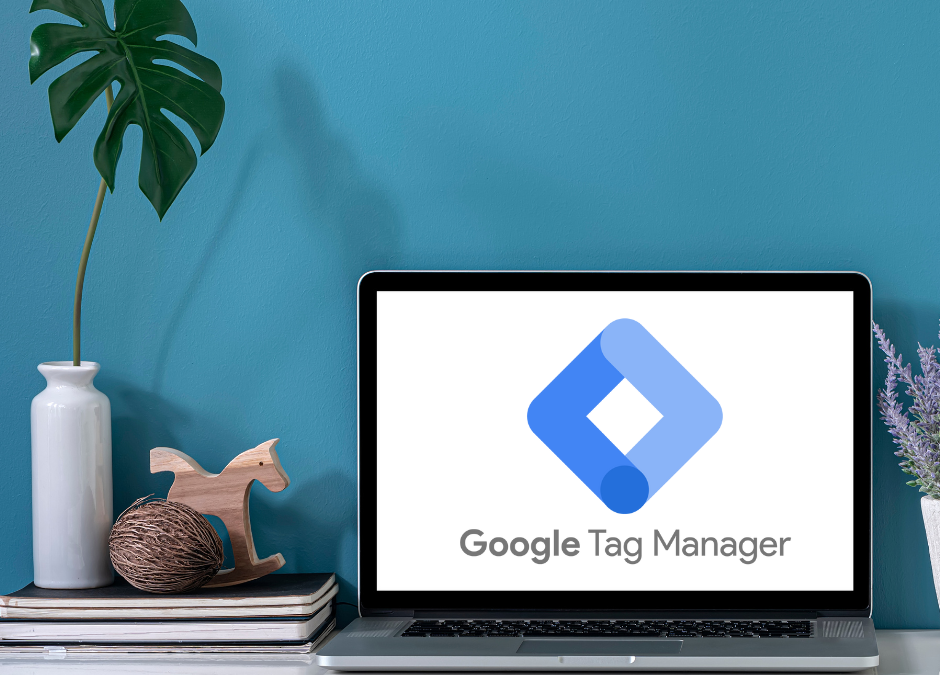Google’s A.I.-driven website crawler is always at work, because the Internet is always at work producing content that needs to be categorized.
Every day, businesses alone add a mind-boggling amount of content to the internet. This includes new blog content, additional landing pages to your website explaining your products and/or services, and more.
When you consider the non-business content being added to the Internet, you can understand why Google entrusts the task of sifting through this immense information to a tireless, consistent A.I. crawler. Leaving that task to humans would lead to burnout and an insane employee churn rate, because of the nature of the work.
As it turns out, a virtual (literally!) wealth of information exists about how to get the hard-working website crawler to notice your business’ website.
In this blog, we are going to focus on one extra important feature that you need to be taking advantage of to get properly indexed by the A.I.-powered crawler: Google tags.
What Are Google Tags?
Google tags allow you to easily relay data from your website to certain Google services, streamlining the data analytics process for your online marketing efforts.
They also serve other purposes, providing the web crawler with information about how to index your site.
What Is the Index?
On the Internet, categorizing the multitude of web pages out there is necessary to figure out what content reaches users during a search.
Think of this as the indexes you find at the back of a book. If you are looking for the location of a certain name or thing mentioned in the book, you check the index. The index can then direct you to any of the relevant page numbers.
Similarly, search engine algorithms organize the location of websites on the internet to retrieve the relevant information.
If you sell garden hoses and do the necessary SEO work of making sure that your landing pages and blog content have the relevant keywords for all things related to garden hoses, then the indexer will be able to easily categorize your page as being related to garden hoses.
So, when users search for garden hoses online, your chances of showing up on the prime real estate of page one of Google becomes that much higher thanks to the proper indexing.
The Relationship Between Google’s Website Crawler and Tags
Google tags can affect how Google displays the “preview” of your website on the search results page.
These tags effectively inform Google how to index your content, which can help ensure that your content shows up in the right results pages.
A lot of this depends on the type of tags that you include on your web pages.
Types of Tags
Google tags belong to the broad category of “robots tags,” and we list the sub-tags here in alphabetical order.
All – The “default” tag signals to Google that it can index your site.
Indexifembedded – This indexes content on a page if HTML tags or iframes embed it on another page.
Max-image-preview: [setting] – Details the image size on the results page in searches.
Max-snippet: [number] – Selects number of characters in your meta description.
Max-video-preview: [number] – Allows you to determine how long a video preview lasts. You have the option to place no limits on the preview.
Noarchive – On the internet, pages that are no longer available end up on archives. Using the “noarchive” feature, you can ensure that your page will not be archived, and you will make it inaccessible to users if you decide to delete it.
Nofollow – Google’s crawler does not follow the links that you have on the page.
Noimageindex – Google will not display any of the images on the page in the search results.
Noindex – Google will not display the page on search results.
Nositelinkssearchbox – Prevents Google from having a search box for your business on the results page. Without a search box, customers will have to actually go on your website first to see what products and services are available.
Notranslate – Google will not auto-translate your page’s snippet into foreign languages on the results page
rel=“nofollow” – Google will not associate certain pages with your site. Use this for links that you don’t consider fully “representative” of your site, such as competitors’ sites.
rel=“ugc” – Makes sure that your site does not link to user-generated content that may not be helpful for your business.
rel=“sponsored” – marks paid links on your site (i.e., links on your site that are there because of an affiliation).
Guardian Owl Digital Has the SEO Expertise and A.I. Knowledge to Optimize Google Tags for Your Business
We’re a digital marketing company that has been doing SEO for a decade and was early to the A.I. rush. We have the experience and expertise that is needed to help your company rank well on Google’s search engine. GO AI today to leverage A.I. in your digital marketing efforts.
GO AI Articles
Guardian Owl Digital dedicates itself to helping businesses everywhere learn about and implement A.I.
For continuing your AI education and keeping up with the latest in the world of AI, check out our AI blog:
New Year, New AI: Here Are the Biggest Trends in AI Coming in 2023
How AI Could Have Helped Southwest Avoid Its Holiday Disaster
IBM Watson vs. Microsoft’s ChatGPT: The AI Chat Matchup of the Century
AI on the Stand: Explaining the Lawsuit Against the Microsoft Automated Coder
AI and You: What Determines Your AI Recommendations in 2023?
How AI Could Have Foreseen the Crypto Crash—(It Already Analyzes Exchange Markets)
Google’s Response to ChatGPT: What the Tech Giant Is Doing to Improve Its Own AI Efforts


Recent Comments